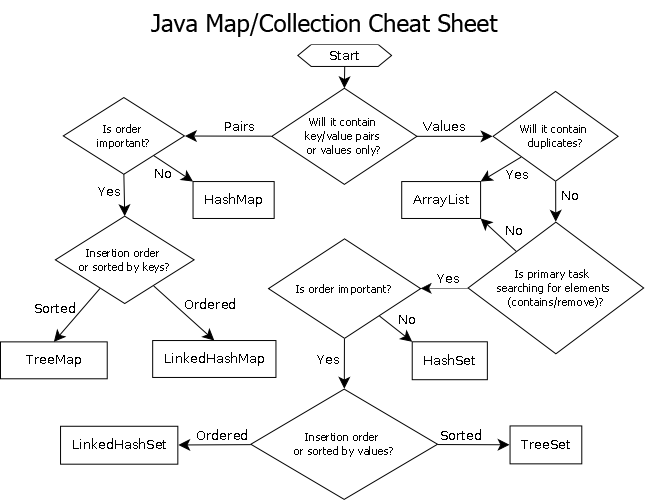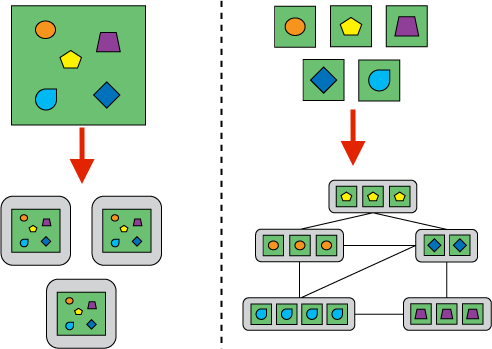Member-only story
Functional vs Non Functional Requirements
When building software, capturing requirements accurately is crucial to delivering a product that meets user expectations and business goals. These requirements are broadly categorized into functional and non-functional requirements. While they serve different purposes, they work together to define the overall behavior and quality of a software system. Here’s a closer look at both.
1. Functional Requirements
Definition: Functional requirements specify what a system should do. They define the features and functionality of the software, describing how the system behaves in response to inputs or interactions.
Key Characteristics:
- Focus on what the system does.
- Define specific inputs, processes, and outputs.
- Directly aligned with user needs and business objectives.
- Typically documented as use cases, user stories, or system requirements.
Examples:
- A user must be able to log in using a username and password.
- The system should send an email confirmation when a user registers.
- A search feature should allow users to filter results by date.
- The application must allow users to upload and download files.
Documentation Format: Functional requirements are often captured in a Software Requirements Specification (SRS) document and…




